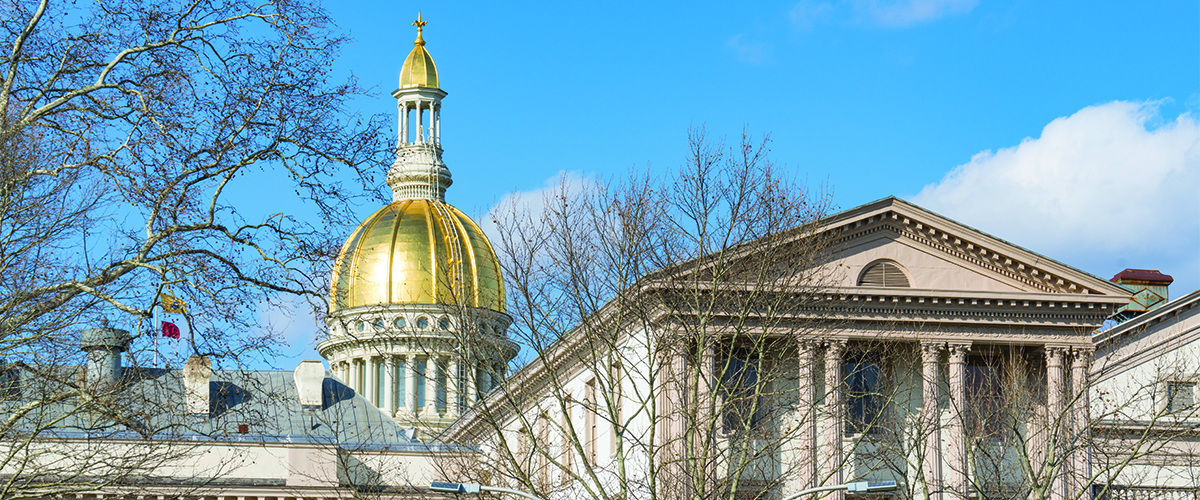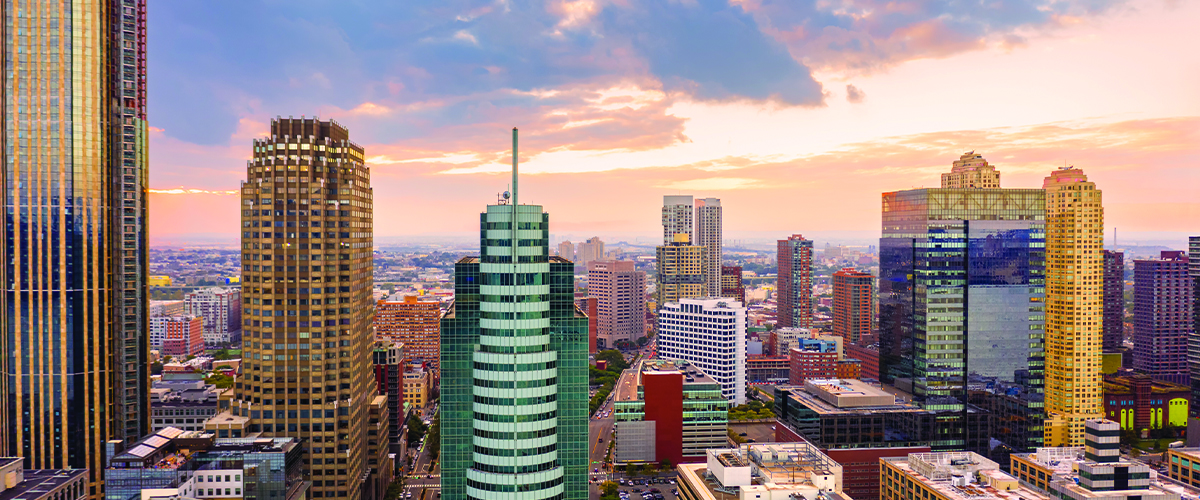Medical marijuana reforms put in place by the state’s new governor has led to an influx of participants in the previously restrictive program.
The number of patients in New Jersey’s medical marijuana program has tripled since Governor Phil Murphy took office 18 months ago and began instituting reforms.
There are now 50,000 patients, 2,000 caregivers, and 1,000 doctors participating.
“Today, three times as many New Jersey residents have access to this life-changing medical treatment than when I took office, and we will continue our work to break down barriers to ensure that this treatment is affordable and accessible for those who need it most,” Governor Murphy said in a press release.
Murphy, the governor of New Jersey since January 2018, initially expanded the program by executive order. He quickly brought dramatic changes to the program, including the addition of new qualifying conditions. Earlier this year, he added opioid addiction to the list of conditions that qualify patients for medical marijuana.
The top treated conditions in New Jersey’s medical marijuana program are chronic pain, anxiety, muscle and bone spasms, cancer, and HIV.
“We are working to expand the program even more as Jake’s Law is implemented,” said Acting Commissioner of the New Jersey Department of Health (DOH) Marcela Ospina Maziarz. “Every day we strive to make this a more responsive, patient-centered program, and the dramatic increase in enrollment is a testament to those efforts.”
Murphy signed the Jake Honig Compassionate Use Medical Cannabis Act earlier this month to significantly expand the program. Under the change, chronically ill patients can now purchase up to three ounces of medical marijuana a month instead of two. Additionally, purchase limits were removed for terminally ill patients, and patients now only need to see their doctor once a year instead of the previous four times a year.
The law was named after a New Jersey boy who suffered greatly from a severe illness that was only ameliorated by using cannabis. Under the previous structure of New Jersey’s medical marijuana program, his parents were unable to obtain a sufficient amount of cannabis to last him a full month.
Jake has since passed.
The New Jersey DOH now has a Request for Applications (“RFA”) open for new Alternative Treatment centers. To further expand New Jersey’s medical marijuana program, the DOH wants to award up to 24 additional permits for dispensaries, a notable increase from the initial maximum of six. Applications are due in August and the competition is fierce.
Separately, the New Jersey Legislature is planning on putting a recreational marijuana legalization measure on the ballot in 2020.

Change Long Overdue for New Jersey
Under previous New Jersey Governor Chris Christie, the state’s medical marijuana program was one of the most restrictive in the country.
The bill initially creating the program was signed into law by his predecessor in 2010 and Christie only begrudgingly implemented it, likely to not offend Republican Party primary voters in his ultimately failed presidential bid.
Thus, while New Jersey’s medical marijuana program is one of the older programs in the country, up until recently it was one of the most inadequate.
Keeping Up with Cannabis
Want to know more about what’s going on in state-level marijuana legislation? Learn more about current marijuana laws in the U.S. and regularly visit our cannabis industry news page.






